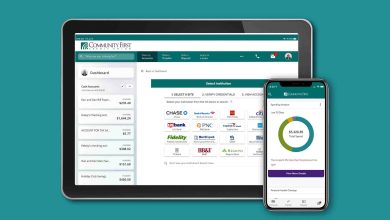Know the Difference Between an Internship and a Coop Training

Internships and cooperative education positions, commonly known as coop training, can help college students obtain experience and gain a competitive advantage in the job market. Entering any employment market can be difficult, but participating in one of these programmes can help to ensure their success once they receive their degrees. Keep reading the article to learn more.
Difference Between Internships and Coop Training
Internships are often for one semester or over the summer and are either paid or unpaid depending on the employer. Students frequently perform more than one internship during their undergraduate careers in order to check out a variety of various fields or occupations and compare them to discover which one they prefer.
Co-ops are usually paid and run longer than one semester. Students may enroll in classes in the fall and then work for the company in the spring. This rotation might occasionally last more than a year.
Internships An internship should provide a student with appropriate job experience that is related to their academics or intended career. It can benefit students by allowing them to gain new skills and advance their careers. Internships benefit employers because they allow them to develop talent and perhaps hire one or more interns as full-time workers.
An internship, whether paid or unpaid, should provide the following benefits:
- Opportunities for students to learn and grow in their profession or study
Feedback on the student’s performance
An overview of the company’s culture and work. - The opportunity to network in the field in which they are interested Cooperative Education Experience
Cooperative education experiences, sometimes known as co-ops, are compensated opportunities that require students to alternate between full-time labour and full-time academic study for at least two semesters. While still in school, this learning approach allows students to assume growing levels of responsibility within an organisation or firm.
In rare situations, students are offered full-time employment with the company or organisation where they previously worked.
What Employers Are Looking For?
You may believe that a high GPA is one of the first things an employer looks for. Although a high GPA is vital for some positions, such as those in finance or science, many employer polls suggest that relevant work experience is what companies look for the most in job prospects.
There are numerous ways to obtain this essential experience. Some of the most common are internships, co-ops, research initiatives, and service-learning programmes. Many businesses use internship or co-op programmes to teach their next batch of new employees.
These organisations not only acquire students with relevant expertise, but they also get new employees who are already familiar with the company and will require less training once employed.
Final Thoughts
To summarise, the advantages of a Coop training allows students to learn and grow their work abilities. While getting compensated and receiving academic credit for their efforts. Co-op is an abbreviation meaning “cooperative education experience.” It allows students to combine their regular education with hands-on work and professional training courses. Students are usually compensated for their job and given academic credit for their work experience.




